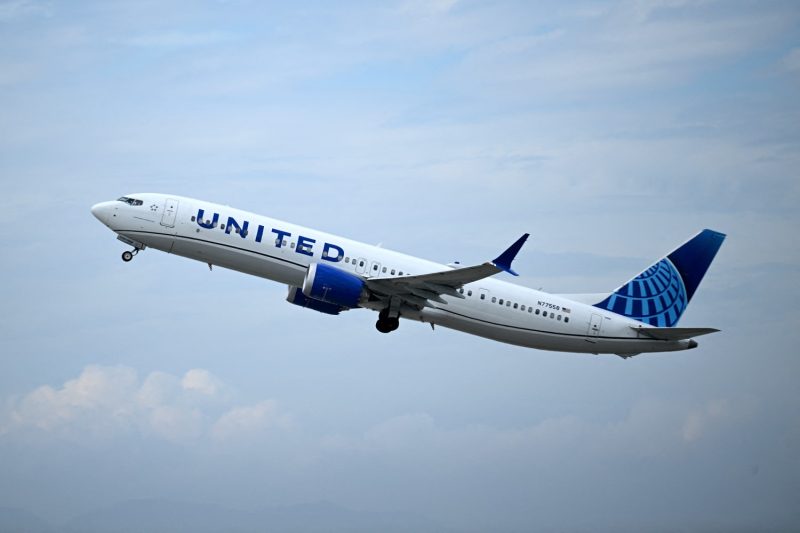
Collaborative Move: United Halts Pilot Recruitment Due to Boeing’s Delivery Setbacks
In a surprising move that signals the challenges facing the aviation industry, United Airlines has announced a pause in its pilot hiring efforts. This decision comes amidst the backdrop of Boeing’s ongoing delivery delays of its 737 MAX aircraft. While such a development may seem worrisome for aspiring pilots and industry observers, there are deeper implications at play.
United Airlines, like many other major carriers, had been actively recruiting pilots to meet the demands of its growing fleet and routes. However, the critical delay in receiving new planes from Boeing has led the airline to reassess its hiring strategy. The grounding of the 737 MAX following two fatal crashes has not only impacted Boeing’s production schedule but has also put pressure on airlines awaiting delivery of these fuel-efficient aircraft.
The decision to pause pilot hiring is a strategic response by United to manage the uncertainty caused by Boeing’s production setbacks. By holding off on new recruitment, the airline can better align its workforce with the available fleet and avoid overstaffing. This move reflects a prudent financial measure aimed at mitigating the potential impact of prolonged delivery delays on operational costs.
Moreover, United’s decision highlights the intricate interdependencies within the aviation industry. The ripple effects of a single manufacturer’s production issues can cascade through the entire supply chain, affecting airlines, pilots, passengers, and investors alike. The pause in pilot hiring serves as a tangible reminder of how disruptions in aircraft manufacturing can have far-reaching consequences beyond the factory floor.
For pilots looking to enter the industry, the temporary halt in hiring at United may raise concerns about job prospects and career opportunities. However, it is essential to recognize that this decision is a response to specific market conditions rather than a reflection of long-term trends. The aviation sector remains dynamic and resilient, capable of adapting to shifting circumstances and emerging challenges.
As Boeing works to address its production challenges and resume deliveries of the 737 MAX, airlines like United will likely revisit their hiring plans. Once the backlog of orders is cleared and the new aircraft are integrated into service, the demand for skilled pilots is expected to rebound. For aspiring aviators, staying informed about industry developments and maintaining readiness to seize opportunities will be essential in navigating the evolving aviation landscape.
In conclusion, United Airlines’ decision to pause pilot hiring in response to Boeing’s delivery delays underscores the complex and interconnected nature of the aviation industry. While the temporary setback may raise concerns among prospective pilots, it is indicative of the adaptive strategies employed by airlines to manage unforeseen disruptions. As the industry continues to evolve, aspiring aviators are encouraged to remain resilient, flexible, and informed to capitalize on future opportunities in aviation.
